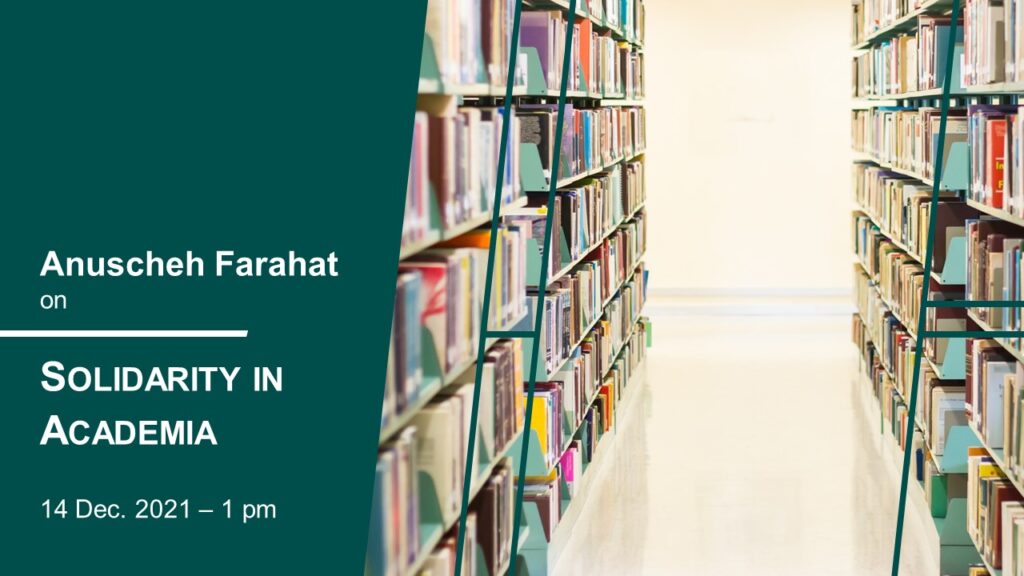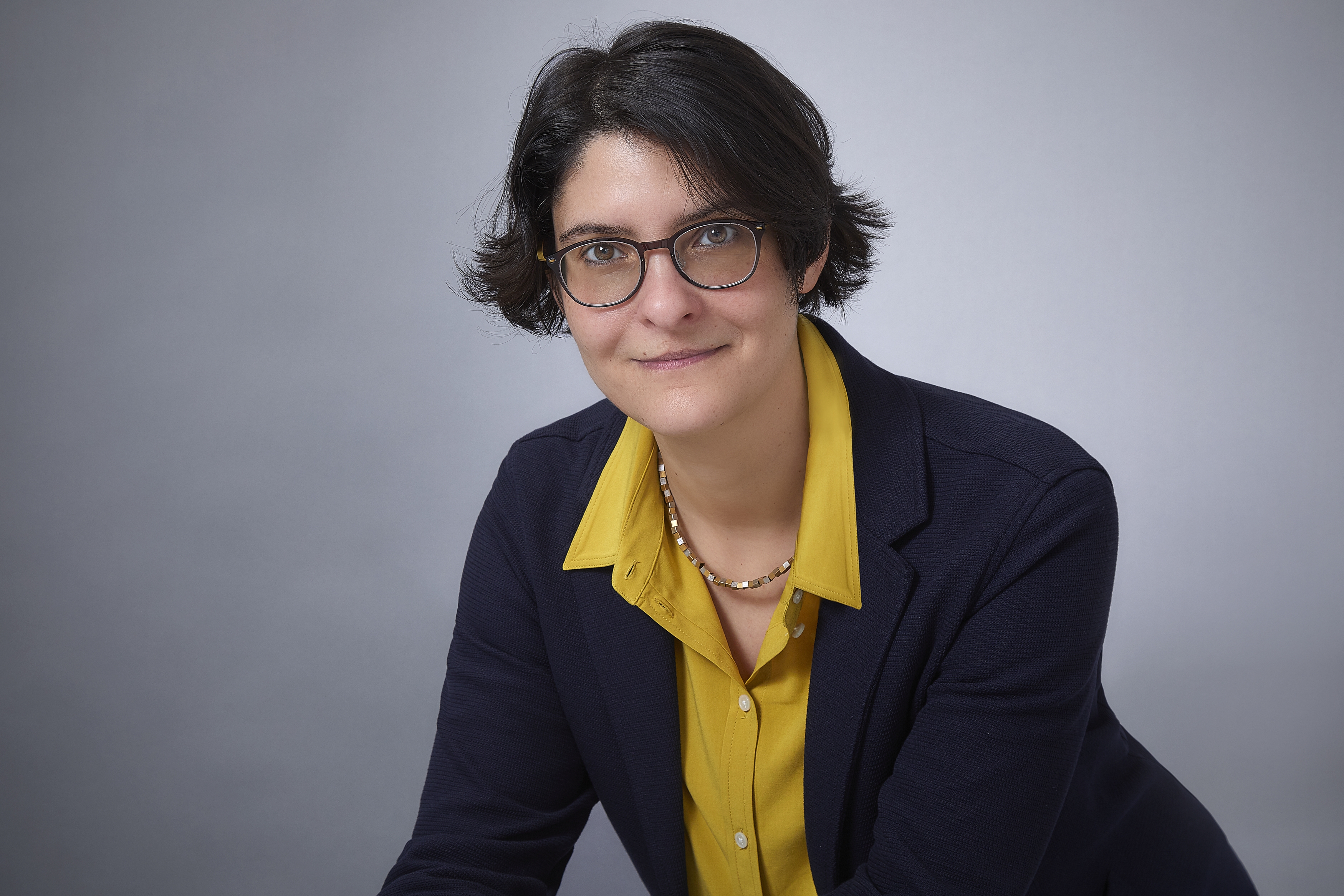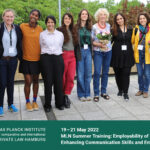Online lecture
14th December 1pm CET

Academic careers are often described as very competitive, stressful and challenging on a personal level. However, what brought us all to academia was perhaps more the fun of research, teaching and intellectual exchange rather than mere ambition. The core question therefore is: Can we have it both: fun and success? Anuscheh Farahat suggests that we can, indeed. We need to build our own structures of solidarity in academia. Even in a competitive environment it is possible to make friends, to act in a spirit of solidarity and to support each other effectively. In her talk, Anuscheh Farahat will share her own experience with solidarity in academia and present a few simple techniques and formats that might help to build a network of solidarity in particular among young researchers.
Anuscheh Farahat is a Professor of Public Law, Migration Law and Human Rights Law at the University of Erlangen-Nürnberg. She studied law in Frankfurt, Paris and Berkeley and she was a research fellow (2006 – 2009) and a senior research fellow (2014 – 2017) at the Max Planck Institute for Comparative Public Law and International Law, Heidelberg, where she now is a Senior Research Affiliate.
Professor Farahat received her PhD in law from the Goethe University Frankfurt. Her book on migrant citizenship and transnational migration in Germany (Progressive Inklusion: Zugehörigkeit und Teilhabe im Migrationsrecht, Springer Verlag, 2014) has received multiple awards, including the Herman-Mosler-Preis 2015 of the German Society of International Law. Since 2017 she leads an Emmy-Noether research group on the role of constitutional courts in transnational solidarity conflicts in Europe first at Goethe University Frankfurt a.M. and now at the University of Erlangen-Nürnberg. The research project is funded by the German Research Foundation (Deutsche Forschungsgemeinschaft). She publishes widely on issues of European and German constitutional law, German and international migration and citizenship law, international Human Rights Law and comparative constitutionalism.
Register here









